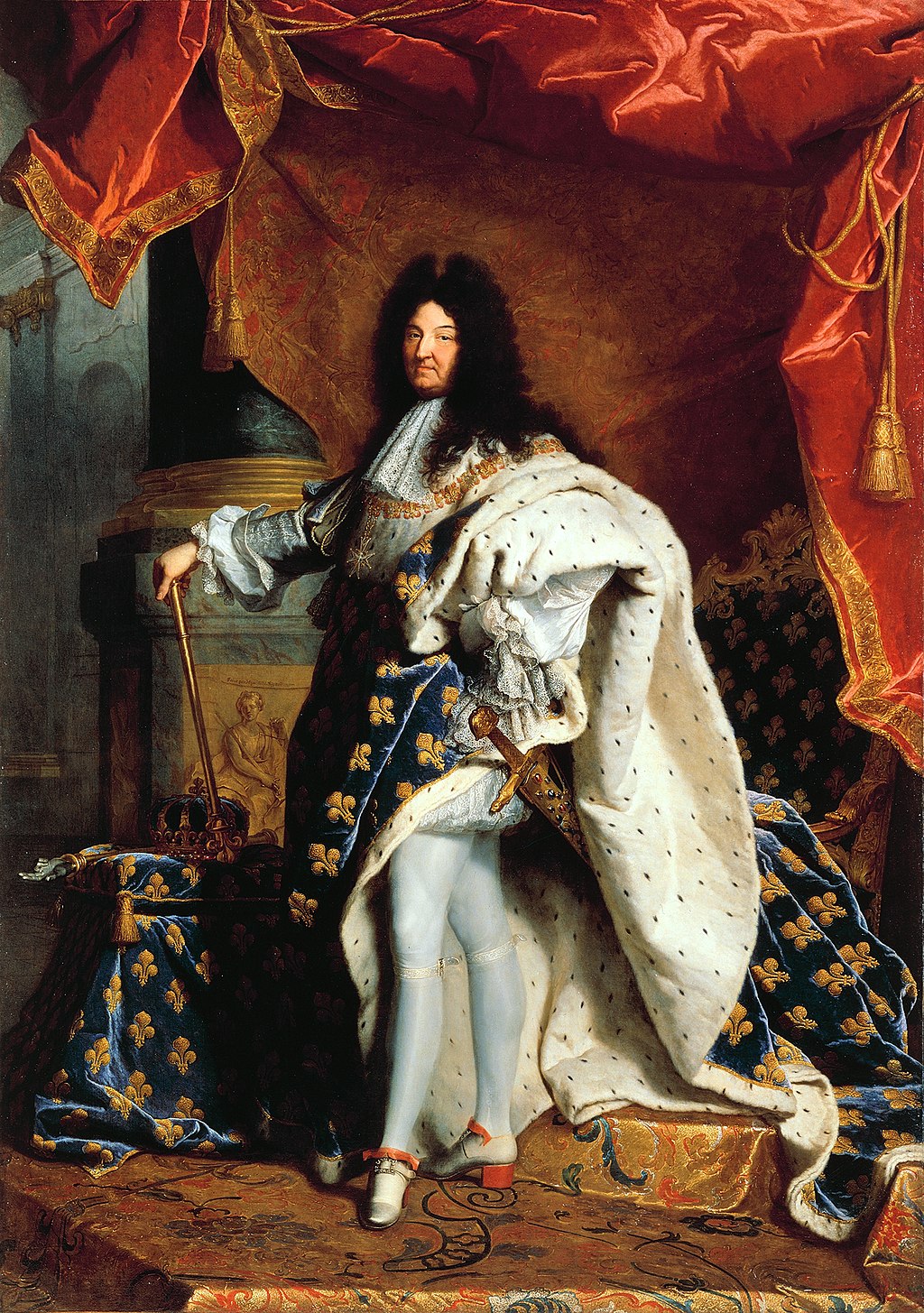Louis XIV - The Sun King

Louis XIV, also known as Louis the Great or the Sun King (1638–1715), was the monarch who ruled as the King of France for an astonishing 72 years, from 1643 until his death in 1715. He is one of the longest-reigning monarchs in European history and played a crucial role in shaping the political, cultural, and artistic landscape of France during the 17th century.
Louis XIV is famous for his absolutist rule. He aimed to consolidate power in the monarchy and diminish the influence of the nobility. He centralized administrative authority in the royal court at Versailles. He famously declared, "L'État, c'est moi" (I am the state), reflecting his belief in absolute monarchy.
Louis XIV transformed the royal hunting lodge at Versailles into a grand palace and the seat of the French government. The construction of Versailles symbolized the king's power and served as a political tool to keep the nobility under his control.
Louis XIV was a patron of literature and supported the development of French literature. Playwrights such as Molière and Jean Racine received royal patronage.
Louis XIV was an enthusiastic supporter of dance and ballet. He himself was a skilled dancer, and he founded the Académie Royale de Danse in 1661.
Louis XIV established the Chapelle Royale and the Petits Violons, musical ensembles that performed at court. Jean-Baptiste Lully, the court composer, enjoyed royal favor and played a crucial role in shaping French opera.